Plenary Sessions
All Partners to the Table: Leaders Advancing Crisis System Reforms
No one sector can improve crisis systems on its own. Partnership across behavioral health, criminal justice, and homelessness systems is critical to planning and implementing meaningful reforms that increase access to community-based care and supports that reduce law enforcement contact, improve individual well-being, and support community health and public safety. Building these partnerships is no small task. During this panel, you will hear from leaders who have bridged those divides, working in partnership to create effective crisis system responses that include police-mental health collaborations, such as co-responder teams, as well as specialized behavioral health responses, such as community responder programs. Panelists will describe how they built these cross-system relationships, the types of interventions they were able to stand up with their partners, and how those interventions resulted in meaningful and lasting change for the people in their communities.

Merrick B. Garland, United States Attorney General
Merrick B. Garland was sworn in as the 86th Attorney General of the United States on March 11, 2021. As the nation’s chief law enforcement officer, Attorney General Garland leads the Justice Department’s 115,000 employees, who work across the United States and in more than 50 countries worldwide. Under his leadership, the Department of Justice is dedicated to upholding the rule of law, keeping the country safe, and protecting the civil rights of all Americans. Prior to his confirmation, Garland served as a judge of the United States Court of Appeals for the District of Columbia Circuit since 1997. He was Chief Judge from 2013 to 2020 and Chair of the Executive Committee of the Judicial Conference of the United States from 2017 to 2020. He has spent a substantial part of his professional life at the Department of Justice, serving under five Attorneys General and handling criminal, civil, and national security matters, including the Oklahoma City bombing, Unabomber, and Montana Freeman cases.
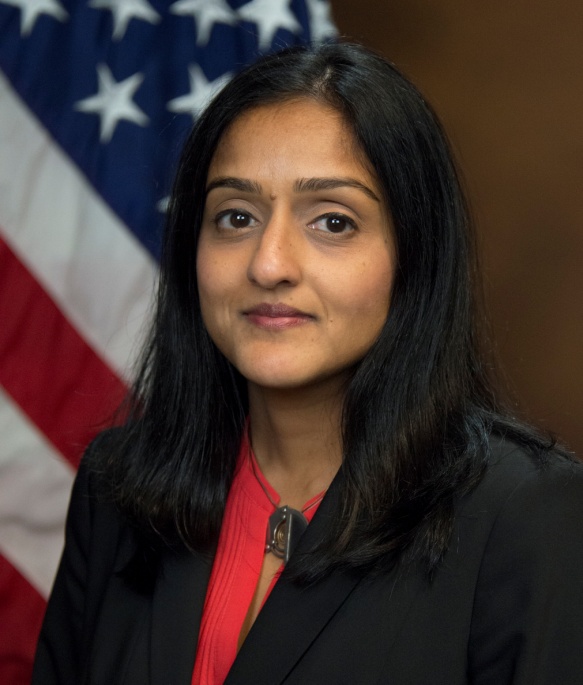
Vanita Gupta, Associate Attorney General
Confirmed as the 19th United States Associate Attorney General on April 21, 2021, Vanita Gupta is the third-ranking official at the Department of Justice, supervising multiple litigating divisions and other Department components, including the agency’s grantmaking sections. Gupta previously served as the President and Chief Executive Officer of the Leadership Conference on Civil and Human Rights, the nation’s oldest and largest coalition of non-partisan civil rights organizations. She also served as the Acting Assistant Attorney General of the Justice Department’s Civil Rights Division from October 2014 to January 2017. She began her legal career as an attorney at the NAACP Legal Defense & Educational Fund and served as Deputy Legal Director and Director of the Center for Justice at the American Civil Liberties Union, where she created and led the ACLU’s Smart Justice Campaign.
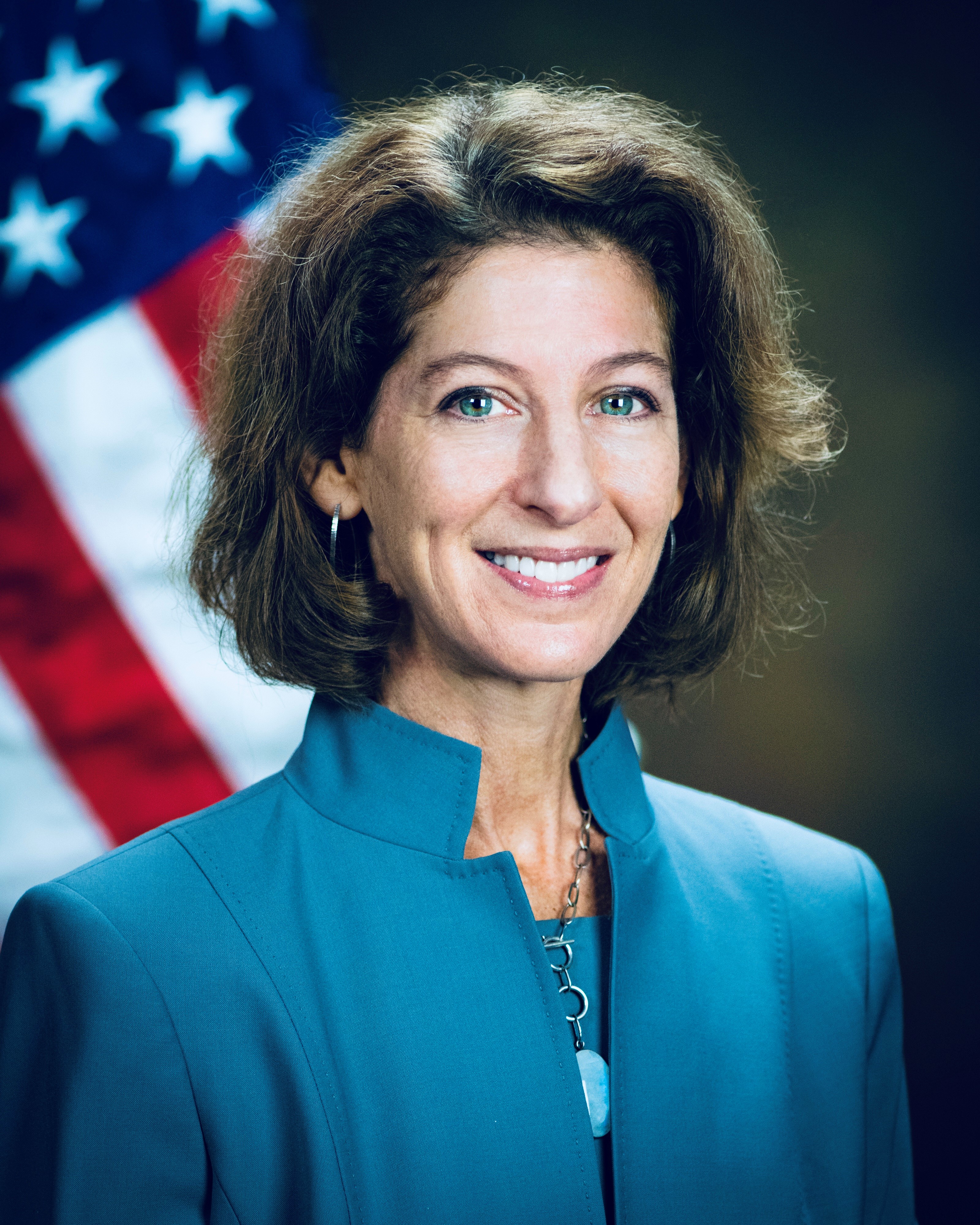
Amy L. Solomon, Acting Assistant Attorney General
Amy L. Solomon was appointed by Attorney General Merrick B. Garland to lead the Office of Justice Programs in May 2021. As Acting Assistant Attorney General, she heads the Department of Justice’s principal funding, research, and statistical component, overseeing more than $5 billion in grants and other resources to support state, local, and tribal criminal and juvenile justice activities and victim service programs. Before being appointed to lead OJP, Solomon was Vice President of Criminal Justice at Arnold Ventures, where she launched and led the organization’s corrections portfolio, focusing on community supervision, prison reform, reintegration, and fines and fees. She served for seven years in the Obama Administration as director of policy for OJP. She was also executive director of the Federal Interagency Reentry Council, a cabinet-level body comprising more than 20 federal agencies that spearheaded substantial policy reforms. Earlier, Solomon worked in OJP’s National Institute of Justice and spent 10 years at the Urban Institute, where she directed projects relating to prisoner reentry and public safety.

Dr. Ayesha Delany-Brumsey, Director, Behavioral Health, CSG Justice Center
Dr. Ayesha Delany-Brumsey oversees the Behavioral Health Division and its various portfolios, which focus on how parts of the criminal justice system intersect with the mental health, substance addiction, and homelessness systems, among others. Before joining the organization, Ayesha was most recently the director of Behavioral Health Research and Programming at the Mayor’s Office of Criminal Justice in New York City. Prior to that, she was the director of the Substance Use and Mental Health program at the Vera Institute. She received her PhD in clinical psychology from the University of California, Los Angeles.
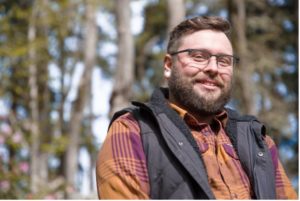
Tim Black, Director of Consulting, White Bird Clinic, Crisis Assistance Helping Out On The Streets (CAHOOTS)
With a background in runaway and homeless youth, harm reduction, and street outreach, Tim Black began working for CAHOOTS as a Crisis Intervention Worker in 2010 before moving into an administrative role as the CAHOOTS Operations Coordinator in 2015. His work with White Bird Clinic and CAHOOTS has put him in touch with cities across North America looking to implement services based on the CAHOOTS model of behavioral health first response. In addition to his work with White Bird Clinic, Black is active in homeless advocacy and also serves on the Board of Directors for Eugene, Oregon’s Community Supported Shelters.
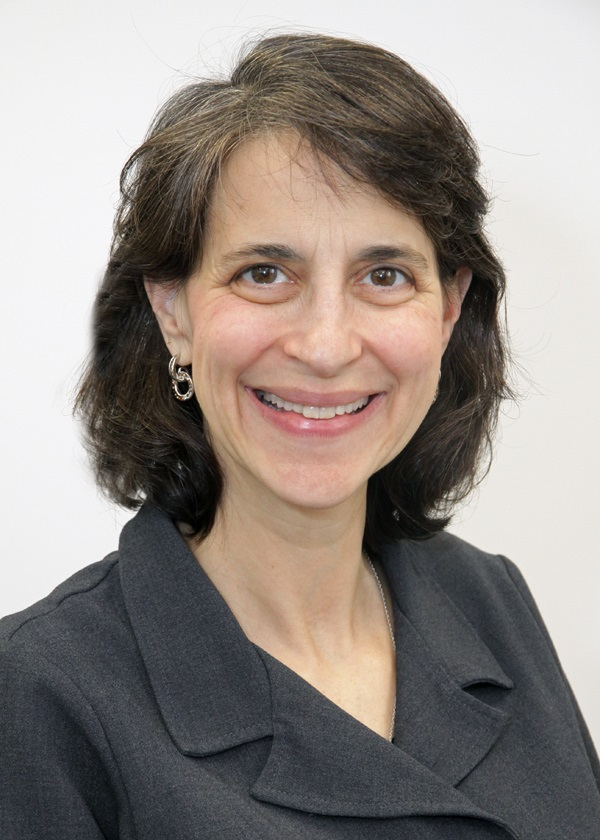
Dr. Debra Pinals, Medical Director for Behavioral Health and Forensic Programs, Michigan Department of Health and Human Services
Debra A. Pinals, MD, is the director of the Program in Psychiatry, Law, & Ethics and clinical professor of psychiatry at the University of Michigan Medical School and clinical adjunct professor at the University of Michigan Law School. She also serves as the medical director of Behavioral Health and Forensic Programs for the Michigan Department of Health and Human Services. She has worked in outpatient and inpatient settings, forensic and correctional facilities, emergency rooms, and court clinics. She has also received public service awards and has been an expert witness in many cases.
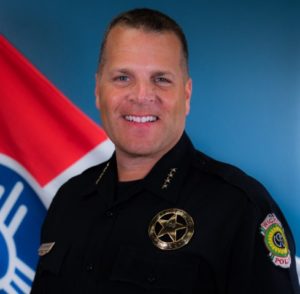
Gordon Ramsay, Chief, Wichita Police Department
Chief Gordon Ramsay has served as Chief of the Wichita Police Department since January 2016. A long-time proponent of community policing, he also served for nearly a decade as police chief in Duluth, Minnesota, where he had been a member of the force since 1996. He is a past president of the Minnesota Chiefs of Police Association and served as the general chair of the International Association of Chiefs of Police, Midsize Agencies Division. Chief Ramsay received his BA in criminology and sociology from the University of Minnesota-Duluth and his MA in management from the College of St. Scholastica. He is also a graduate of the FBI National Academy Session 222.
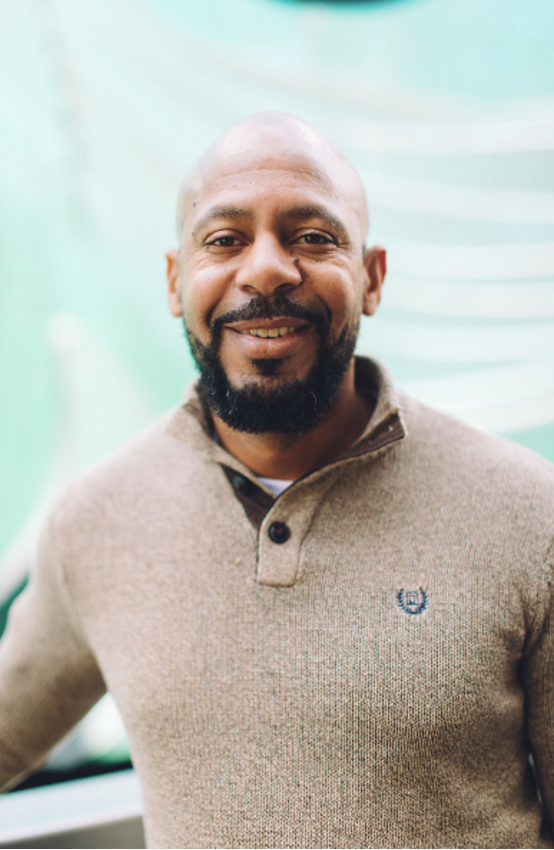
Aqeela Sherrills, Director, Newark Community Street Team (NCST)
Aqeela Sherrills is the Chairman of the Board of the Newark Community Street Team (NCST) community-based violence reduction initiative, which he co-created and directed at the request of Newark, NJ’s Mayor Ras Baraka in 2014. In the five years Sherrills led NCST, the number of homicides in Newark went from 104 in 2015 to 51 in 2019. He is also the co-founder and leader of the Community-Based Public Safety Collective and serves as the senior advisor to the Alliance for Safety and Justice’s Shared Safety Initiative.
Federal Resources to Support the Development of Comprehensive Crisis Systems
As communities work to build comprehensive crisis systems that improve access to critical community-based care and reduce contact with the criminal justice system, many struggle to identify the needed funding to support these efforts. Over the last year, new funding from the American Rescue Plan (APR) Act has provided resources to state and local communities to build crisis systems and shore up gaps that became more evident in the COVID-19 pandemic. This panel will help listeners understand how federal funding, including ARP funds, and other federal supports can be used to make improvements to crisis systems. During the panel, speakers will discuss some of the key financial and technical assistance supports available from the Department of Justice, the Department of Health and Human Services, and the Department of Housing and Urban Development to foster the development of comprehensive crisis response systems, including community responder models.

Amy L. Solomon, Acting Assistant Attorney General
Amy L. Solomon was appointed by Attorney General Merrick B. Garland to lead the Office of Justice Programs in May 2021. As Acting Assistant Attorney General, she heads the Department of Justice’s principal funding, research, and statistical component, overseeing more than $5 billion in grants and other resources to support state, local, and tribal criminal and juvenile justice activities and victim service programs. Before being appointed to lead OJP, Solomon was Vice President of Criminal Justice at Arnold Ventures, where she launched and led the organization’s corrections portfolio, focusing on community supervision, prison reform, reintegration, and fines and fees. She served for seven years in the Obama Administration as director of policy for OJP. She was also executive director of the Federal Interagency Reentry Council, a cabinet-level body comprising more than 20 federal agencies that spearheaded substantial policy reforms. Earlier, Solomon worked in OJP’s National Institute of Justice and spent 10 years at the Urban Institute, where she directed projects relating to prisoner reentry and public safety.
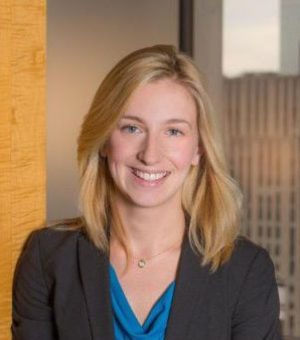
Megan Quattlebaum, Director, CSG Justice Center
As director of the CSG Justice Center, Megan Quattlebaum leads a staff of approximately 120 who work across an array of specialties that span the criminal justice continuum to develop research-driven strategies to increase public safety and strengthen communities. Before joining the organization, Megan most recently served as a research scholar in law and the program director of the Justice Collaboratory at the Yale Law School, where she taught as well as developed and oversaw research projects and led the organization’s work on behalf of the National Initiative for Building Community Trust and Justice. She was also the Senior Liman Fellow in Residence for the Arthur Liman Center for Public Interest Law and served as a lecturer in law at Columbia Law School. Additionally, she has served as a practicing criminal and civil defense attorney with Zuckerman Spaeder LLP in New York and an Arthur Liman Public Interest Fellow and attorney at the Neighborhood Legal Services Association in Pittsburgh. She also clerked for the Hon. Julio M. Fuentes of the U.S. Court of Appeals for the Third Circuit. She received her BA from Sarah Lawrence College and her JD from the Yale Law School.
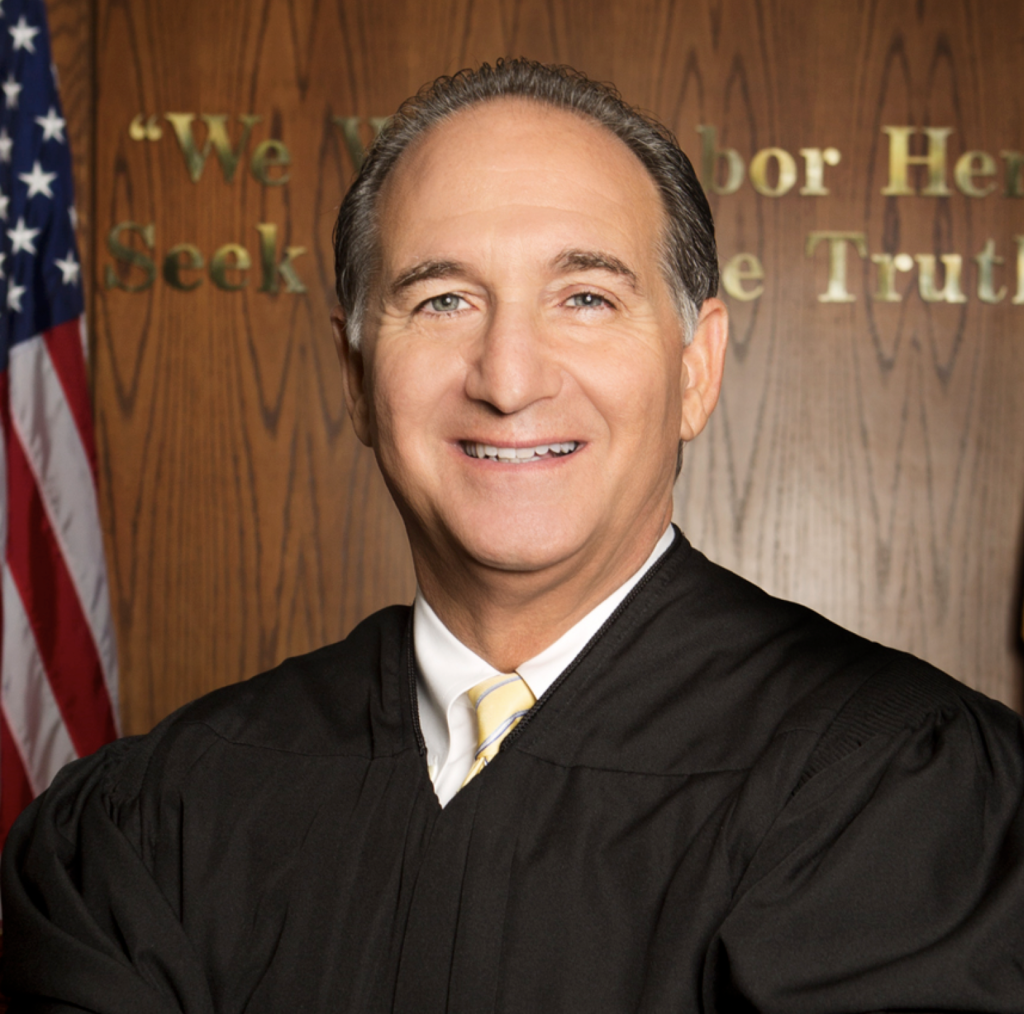
Steven Leifman, Judge, Miami-Dade County Court
Judge Steve Leifman is the Associate Administrative Judge of the Miami-Dade County Court – Criminal Division. In 2000, Judge Leifman established the Eleventh Judicial Circuit Criminal Mental Health Project, which aims to divert people with serious mental illnesses from the criminal justice system into treatment. From 2007 – 2010, Judge Leifman served as Special Advisor on Criminal Justice and Mental Health for the Supreme Court of Florida. In this capacity, Judge Leifman was responsible for chairing the Court’s Mental Health Subcommittee, which authored a ground-breaking report entitled, Transforming Florida’s Mental Health System. He currently chairs the Steering Committee on Problem Solving Courts for the Supreme Court of Florida and the Mental Health Committee for the Eleventh Judicial Circuit of Florida. In recognition of his tireless efforts, Judge Leifman has received numerous awards including the 2015 William H. Rehnquist Award for Judicial Excellence. One of the nation’s highest judicial honors, the Rehnquist Award is presented annually by Chief Justice John G. Roberts, Jr. to a state court judge who exemplifies judicial excellence, integrity, fairness, and professional ethics.

Dr. Richard Cho, Senior Advisor for Housing and Services in the Office of the Secretary, Housing and Urban Development
Richard Cho, PhD, serves as Senior Advisor for Housing and Services in the Office of the Secretary. In this role, Cho advises the Secretary on HUD’s efforts to end homelessness, protect HUD-assisted households from COVID-19, advance the community integration of people with disabilities, connect housing with health care, and create housing options for returning citizens. Cho brings to this role two decades of experience at the community, state, and federal levels building collaboration between the housing, health care, social services, and criminal justice sectors to address the housing and services needs of vulnerable Americans.

Nancy Kirchner, Division of Benefits and Coverage Analyst, Center for Medicaid and CHIP Services, Centers for Medicare & Medicaid Services
Nancy Kirchner has been at the Centers for Medicare & Medicaid Services (CMS) since September 2007 working in the Medicaid program on long-term services and supports and state plan benefits policy and implementation. Prior to joining federal service, she worked at several senior level positions in Maryland state government and non-profit agencies providing supports and services to people with developmental disabilities. Ms. Kirchner has a Bachelor of Arts Degree from Franklin and Marshall College and a Masters Degree in Social Work from the University of Maryland School of Social Work and Community Planning.
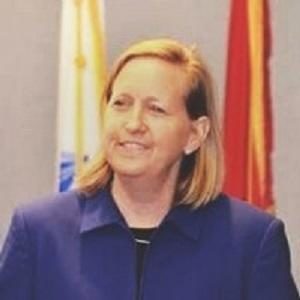
Kristen Mahoney, Acting Director, Bureau of Justice Assistance
Kristen Mahoney is the acting director of the Bureau of Justice Assistance within the Office of Justice Programs. She has comprehensive and practical experience creating criminal justice policies, programming, and technical assistance that aid state, local, and tribal communities. In 2016, Mahoney was recognized for her work developing the Violence Reduction Network (now the National Public Safety Partnership) and was awarded the Presidential Rank Award of Meritorious Executive by President Barack Obama. From 2006 to 2012, Mahoney served as the executive director of the Governor’s Office of Crime Control & Prevention for the State of Maryland.

Dr. Richard McKeon, Chief of the Suicide Prevention Branch, Substance Abuse and Mental Health Services Administration (SAMHSA)
Richard McKeon PhD, MPH is chief for the Suicide Prevention Branch in the Center for Mental Health Services of the Substance Abuse and Mental Health Services Administration, where he oversees all branch suicide prevention activities, including the Garrett Lee Smith State/Tribal Youth Suicide Prevention and Campus Suicide Prevention grant programs, the National Suicide Prevention Lifeline, the Suicide Prevention Resource Center, and the Native Connections program. He has spent most of his career working in community mental health, including 11 years as director of a psychiatric
emergency service and 4 years as associate administrator/clinical director of a hospital-based community mental health center in Newton, New Jersey. In 2001, he was awarded an American Psychological Association Congressional Fellowship and worked in the United States Senate for Sen. Paul Wellstone covering health and mental health policy issues. In 2008, he was appointed by the Secretary of Veterans Affairs to the Secretary’s Blue Ribbon Work Group on Suicide Prevention. In 2009, he was appointed by the Secretary of Defense to the Department of Defense Task Force on Suicide Prevention in the Military. Richard received his PhD in clinical psychology from the University of Arizona and an MPH in health administration from Columbia University.
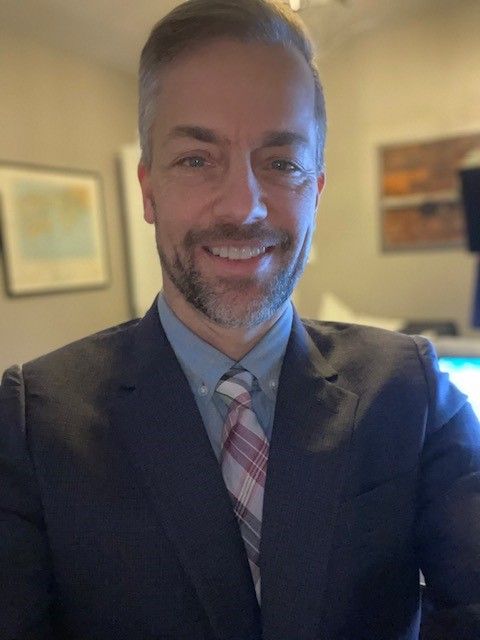
Dr. John Palmeri, Senior Medical Advisor, Substance Abuse and Mental Health Services Administration (SAMHSA)
John Palmieri, MD, MHA, is a senior medical advisor at the Substance Abuse and Mental Health Services Administration (SAMHSA) and is currently serving as the acting director of the 988 and Behavioral Health Crisis Team within the Office of the Assistant Secretary. He provides subject matter expertise and policy leadership in areas that include crisis response, suicide prevention and interventions, care integration, and criminal justice diversion programs. Before joining SAMHSA, John was the division chief for behavioral healthcare at the Arlington County, VA, Department of Human Services. In that role, he led the implementation of the Zero Suicide framework, expanded programming to transform the crisis response system, enhanced primary care integration and wellness services, and oversaw the launch of a multi-stakeholder community response to the opioid crisis. John is a licensed physician in the Commonwealth of Virginia and is board certified in adult psychiatry. He graduated from Brown University Medical School and completed his adult psychiatry residency at Massachusetts General Hospital.

